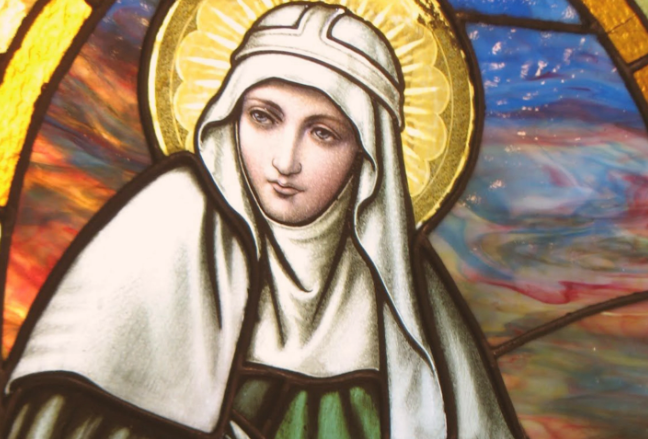Saint Bridget of Sweden: Mystic and Reformer
Saint Bridget of Sweden holds a unique position in the landscape of medieval spirituality and reform. As a mystic, her visions profoundly shaped Catholic thought, while her reformative efforts brought significant changes to the Church. Understanding her life and work not only illuminates a fascinating historical figure but also inspires contemporary spiritual seekers and reformers alike.
A Life of Mystical Revelations
Born in 1303, Saint Bridget experienced a series of visions from a young age that guided her spiritual journey. These revelations, often deeply symbolic, focused on themes such as divine love, suffering, and the need for repentance. Her most notable vision involved a message that illuminated Christ’s sufferings, underscoring the importance of compassion and both personal and communal penitence. Bridget’s mysticism emphasizes that spiritual experiences can lead to profound personal transformation and a deeper understanding of faith.
Path to Church Reform
Bridget was not only a mystic but also a passionate advocate for reform within the Church. In her writings, especially the “Revelations,” she urged the clergy to return to a life of piety and integrity. One of her significant contributions was her criticism of moral laxity and the corruption she observed among church leaders. Her advocacy for reform extended to marrying spirituality with social justice, urging followers to care for the poor and promote equity. Bridget’s call for change remains relevant today, inspiring movements seeking accountability and ethical conduct within religious institutions.
Legacy and Canonization
Bridget’s influence persisted long after her death in 1373. She founded the Order of the Most Holy Savior, known today as the Bridgettines, which focused on prayer, community life, and education. Canonized in 1391, she became one of the patron saints of Sweden and is celebrated for her contributions to both mysticism and reform. Her feast day is observed on July 23, a reminder of her lasting impact on both the spiritual and social realms of the Church. Bridget’s life encourages individuals to engage with their faith actively and seek reform where they see a need for change.
In conclusion, Saint Bridget of Sweden represents a fascinating intertwining of mysticism and reformative work that still resonates today. Her visions and advocacy can inspire anyone seeking a deeper understanding of their faith or wanting to bring about positive change in their community. Learn more about her life and contributions—exploring her legacy can offer valuable insights for spiritual growth and social justice.

